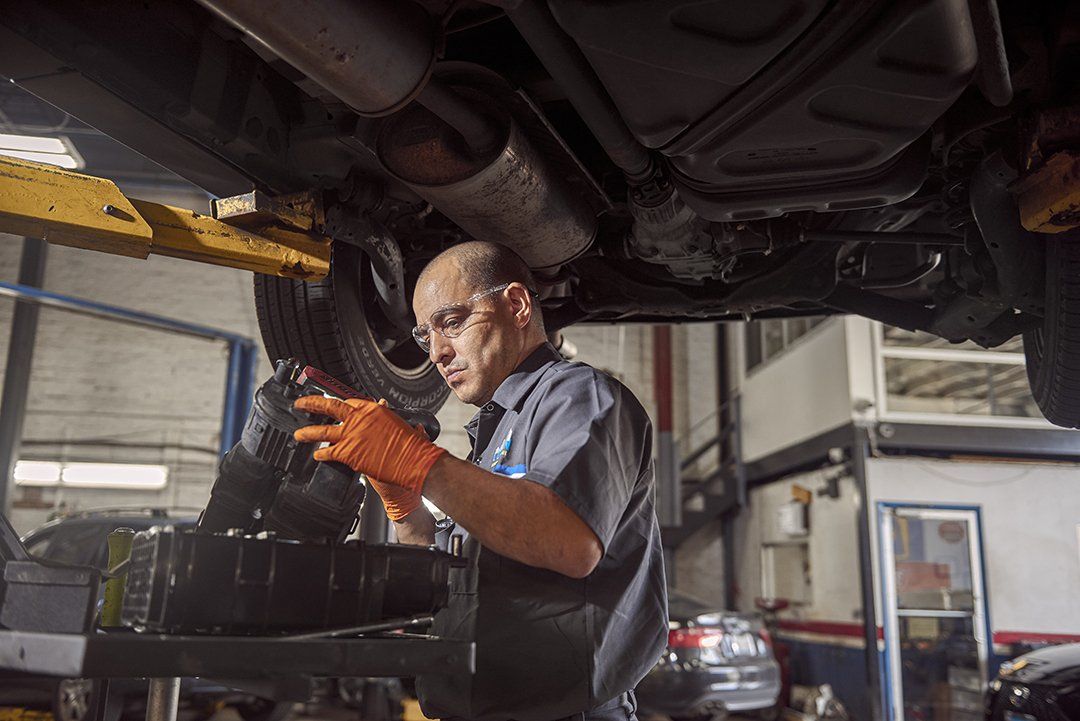Top Causes of Engine Overheating
Overheating happens when your engine’s cooling system fails. Let’s explore the top causes:
- Low Coolant Levels: If coolant levels drop, it can’t do its job of keeping the engine cool, leading to overheating.
- Faulty Thermostat: A malfunctioning thermostat can restrict coolant flow, causing the engine to overheat.
- Broken Water Pump: A faulty water pump can stop coolant flow, leading to an overheated engine.
- Radiator Problems: Radiators help disperse heat, but if they’re damaged or clogged, they can’t perform properly, causing the engine to overheat.
- Blocked Hoses: A blocked hose can prevent coolant from reaching vital parts of the engine, causing it to overheat.
![]()
Warning Signs That Your Engine Is Overheating
Be alert for these signs to prevent engine overheating and damage:
- Temperature Gauge in the Red: If your dashboard temperature gauge reads “hot,” pull over immediately.
- Steam from the Hood: Steam or smoke escaping from under the hood is a clear sign of overheating.
- Burning Smell: A sweet, syrupy odor may indicate leaking coolant, while a burnt smell might mean overheating oil.
- Decreased Engine Performance: If your car feels sluggish or unresponsive, overheating may be the culprit.
How to Prevent Engine Overheating
Avoid costly overheating repairs by taking these preventive steps for your cooling system:
- Check Coolant Levels Regularly: Make sure your coolant levels are adequate to keep the engine temperature in check.
- Inspect Hoses and Belts: Inspect hoses and belts for signs of wear, cracks, or leaks to avoid overheating.
- Flush the Cooling System: Old coolant can become contaminated. Regular flushing keeps the cooling system efficient.
- Monitor the Thermostat: Make sure the thermostat is working properly—replace it if needed.
- Test the Radiator Cap: A faulty radiator cap can cause coolant loss and lead to engine overheating. Check it regularly.
Our experts at Logan Square Auto Repair are ready to help you keep your engine cool with top-tier maintenance services.
Steps to Take When Your Engine Overheats
Here’s what to do if your engine begins to overheat to minimize potential damage.
- Turn Off the A/C: Reduce your engine’s workload by turning off the A/C.
- Turn On the Heater: This may seem counterintuitive, but running the heater can help dissipate excess engine heat.
- Pull Over Safely: Pull over safely and turn off the engine to avoid further damage.
- Check Coolant Levels: Check coolant levels once the engine cools, and never open the cap while hot.
- Call for Assistance: If you’re unsure about handling the overheating issue, call Logan Square Auto Repair for guidance.
Choose Logan Square Auto Repair for Top-Tier Cooling System Care
At Logan Square Auto Repair, we offer a variety of services to prevent overheating, including:
- Coolant flushes and refills
- Radiator repairs and replacements
- Water pump inspections and repairs
- Thermostat testing and replacement
- Comprehensive cooling system diagnostics
At Logan Square Auto Repair, we use the latest technology and parts to provide high-quality cooling system repairs and maintenance.
Schedule Your Engine Cooling Service
Avoid overheating trouble by scheduling your cooling system service today at Logan Square Auto Repair. Contact us now to book your inspection.
